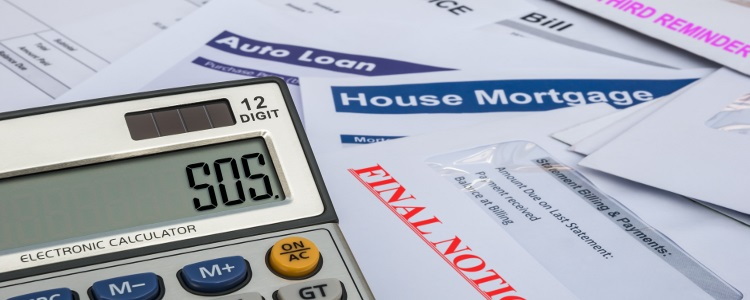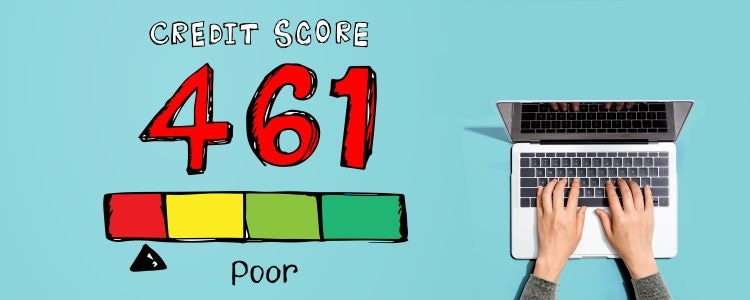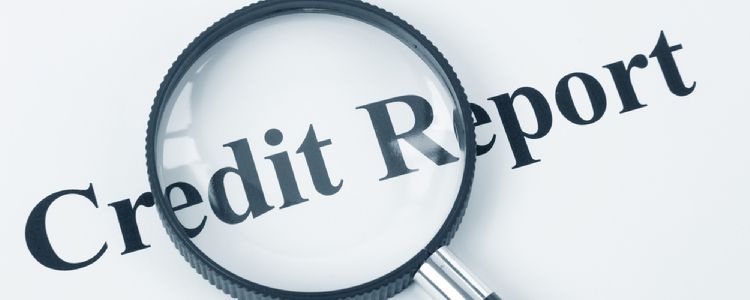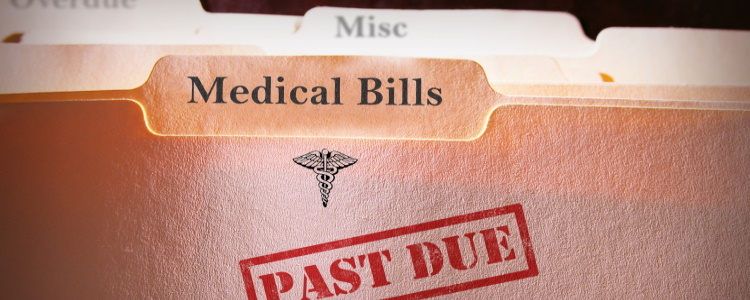“Bad credit” is a term people often hear these days, but just what does it mean to have bad credit?
Types of Bad Credit are Viewed Differently by Lenders
Each person’s credit creates a unique profile of their financial life, and just as there are different types of people, there are different types of credit. When it comes to bad credit, there are two types – situational bad credit and habitual bad credit.
Situational bad credit is when uncontrollable circumstances – job loss, health issues, divorce, etc. – leave you unable to pay your bills and cause your credit to drop. It's viewed as less severe by lenders because they can typically see that a person had good credit up until a certain point.
Habitual bad credit, on the other hand, happens when a person makes a habit out of paying bills late. These are people who rarely pay anything on time and their credit history shows it. Lenders will usually approach these borrowers with more caution.
Just How Bad is Bad Credit?
 When you’re borrowing for big ticket items such as a car, lenders will use your FICO score to determine your risk – from bad to excellent – using a number scale between 300 and 850.
When you’re borrowing for big ticket items such as a car, lenders will use your FICO score to determine your risk – from bad to excellent – using a number scale between 300 and 850.
This is typically how the FICO scoring model breaks down:
- Excellent – 750 and above
- Good – 700 to 749
- Fair – 650 to 699
- Poor – 550 to 649
- Bad – 549 and below
This breakdown is used as a guideline by lenders, but isn’t a hard and fast rule. Some lenders have their own definitions of “bad.” Typically, anyone with a credit score of about 620 or lower is going to need to consider subprime financing when they need to finance a major purchase.
How Did My Credit End Up Like This?
The only person that can truly answer the question of how your credit came to look like it does is you. There's good news though. Your credit is always changing, and no matter how low it is, it can improve. To figure out how you can boost your credit, you need to know what goes into it, and how lenders view those factors.
Your FICO credit score is made up of:
- Payment history – 35%: A record of your payments on all your past debt. This includes revolving credit (credit cards) and installment credit (mortgages, car loans) accounts, as well as any late payments, such as utility bills that reach 30, 60, and 90 days past due. People with no late payment history will score better.
- Amounts owed – 30%: This weighs your credit utilization, which is the amount of available credit you’re using. It can be seen as a risk if you’re constantly at or near your credit limits. People who keep their credit cards at 30 percent or less of their credit limits will score better.
- Length of credit history – 15%: This factor is based on how long you've used credit. People with a longer credit history that have more information to calculate into this factor will score better.
- Credit mix – 10%: A combination of all your various forms of credit. People with more of a credit mix (a blend of both revolving and installment accounts) will score better.
- New credit – 10%: This shows how someone shops for credit. Opening several new accounts at once, or in a short period of time, could signify a risk, resulting in a lower score.
How Can I Improve My Credit?
There are several ways to begin improving your credit. The first step is to know exactly what’s on your credit reports, and to get your credit score. Everyone is entitled to a free copy of their credit report from each of the three national credit bureaus every 12 months. You can monitor it year-round by visiting AnnualCreditReport.com and requesting a report from one of the bureaus – Experian, TransUnion, or Equifax – every four months.
Getting a copy of your credit report allows you to view its contents and report any mistakes you find which may be lowering your score. Getting your credit score can sometimes cost you, depending on where you look. However, there are several ways to get this information for free, including Credit Karma and Discover Card’s Credit Scorecard.
Once you know what's happening in your financial world, you'll be able to see what your best options for credit improvement are. A good tip: start by paying all your bills on time.
Auto Loans Help Build Credit
Another great tool for building credit is an auto loan. By making each payment on time, your credit will start to improve. That’s where Auto Credit Express comes in. If you need a vehicle, but are worried that your bad credit will hold you back, we’re here to let you know that financing is possible.
We work with a nationwide network of special finance dealers who have the lending resources available to help people in difficult credit situations. We can guide you toward a dealer in your area, all you have to do is take the first step. Simply fill out our no-obligation, free online auto loan request form today to get started.


















